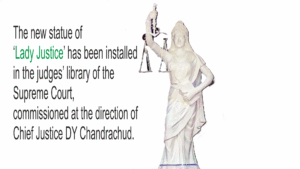Filing a case in a District Court in India involves several steps. Here’s a step-by-step guide:
1. Engage a Lawyer
- The first step is to hire a lawyer who will draft the case, represent you in court, and guide you through legal procedures.
2. Drafting & Filing the Pleading (Petition/Complaint/Suit)
- The lawyer drafts the plaint, petition, or complaint stating the facts, legal grounds, and relief sought.
- Necessary documents and evidence supporting the case must be attached.
- Pay the court fee (depends on case type and claim amount).
- The case is then filed at the relevant Filing Counter of the District Court.
3. Scrutiny & Case Number Assignment
- The court registry checks for defects in the petition (incorrect format, missing documents, etc.).
- If defects exist, the petitioner is asked to correct them before the case is accepted.
- Once accepted, the case is numbered and registered in the court records.
4. First Hearing & Notice Issuance to Opponent
- The case is assigned to a judge, and a date is set for the first hearing.
- The court examines the case and may order notices/summons to be sent to the defendant/respondent.
- The summons is served through court officers, police, or registered post.
5. Defendant’s Reply (Written Statement & Counter Arguments)
- The defendant (opposing party) must file a written statement (reply) within the time prescribed by the court (usually 30 days).
- The defendant may also file counterclaims if they have claims against the petitioner.
6. Framing of Issues
- The court frames issues/questions based on the claims and defenses, defining what needs to be proved.
7. Evidence & Witness Examination
- Both parties submit evidence and present witnesses to support their case.
- The court examines oral and documentary evidence.
- Cross-examination of witnesses is conducted by both parties.
8. Final Arguments
- Both parties’ lawyers present oral arguments summarizing their case.
- The court considers all legal points, facts, and evidence.
9. Judgment & Order
- The judge delivers the final judgment based on the evidence and arguments.
- If in favor of the petitioner, the court orders the relief/remedy sought (e.g., compensation, punishment, injunction, etc.).
- A certified copy of the judgment can be obtained.
10. Appeal (If Necessary)
- If a party is dissatisfied with the judgment, they can file an appeal in the Higher Court (High Court) within the stipulated time.
This is the general process, but it may vary depending on the type of case (civil, criminal, family, etc.).


